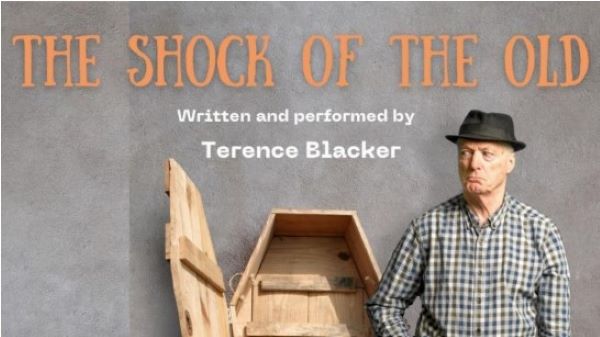
And it's not just the poor countries that use "old" technology more than cutting edge developments. It replaces the timeline of invention with the timeline of use. It talks about the sewing machine, the rickshaw and the sorts of technology in use across the world by millions of people every day. It talks about the hundreds of millions of people whose houses are made of corrugated iron. It talks about the kind of technology that is most used. It doesn't talk about the kind of technology that put the first man on the moon, or allowed rich people to fly across the Atlantic faster than the speed of sound. I'm just going to say that David Edgerton's book talks about technology. I think innovation is exhilarating, but if benefits only the rich man in his castle, I'd rather do without the buzz and live a boring life that includes the poor man at his gate. I'm the girl who thinks the discipline of economics is a complete waste of time because it has yet to produce a society in which the poor don't remain poor.

I'm the girl who says that she doesn't want to know how many wives Henry VIII beheaded, she wants to know what people in Tudor times had for pudding and how they washed their hair or made their shoes. The Shock of the Old is right up my alley. Clearly I can't spend 17 paragraphs talking about these vital points because if I were truly wise enough to make them, I'd have written the book myself.


The Shock of the Old spans 212 pages and I have dog-eared 17 of them. But hereabouts, each dog ear represents something vital, something I feel I must tell you about when I review it.

Bookbag loved it and if you prefer a historical approach that favours the way people lived over the biographies of kings and queens, you will too.Ī good indicator of how much I enjoyed reading a book is the number of dog ears I made. Summary: Interesting, accessible and full of simple common sense, it's quite shocking to think the perspective offered in The Shock of the Old is actually new, dangerous and radical.


 0 kommentar(er)
0 kommentar(er)
